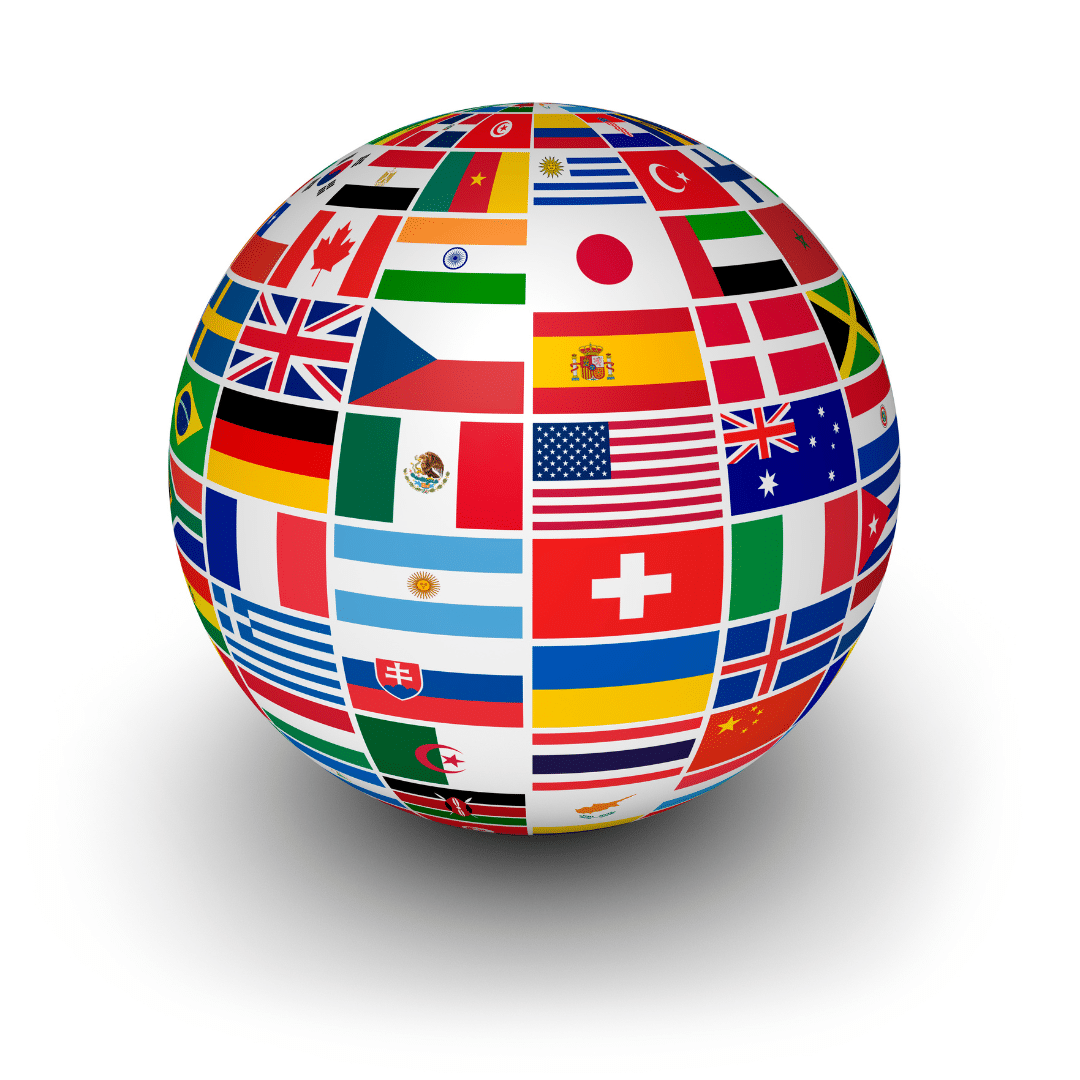If we look back to the retail market, it didn’t change much for decades and remained a store that was focused on the people in the city and the surrounding cities. When a competitor that was much better in the same business opened up a few cities away, it wouldn’t do much harm to their business operations.
Then the big bad wolf of the internet came. And the smarter competitor – let’s call him Chris, that was on the other side of the country, started stealing away customers. How was this possible? One decade further and Chris had stolen customers from decade-old companies in every city. Chris is earning the money that used to go into the pockets of all those small retailers.
Today, we face the exactly the same situation. Chris is earning money from his home country and he does not have a lot of effect on the entrepreneurs on the other side of the border. To begin with, it was the internet that created this. Subsequently, it is the people, system and the overall knowledge that are creating a new shift, yet again – a market force. This has enabled the entrepreneurs to easily go cross border with their business. The world is becoming a playing field with many entrepreneurs such as Chris, with more budget, smarter systems, trained people etc.
In a few years, it will be Pedro from Rio, Maria from Hamburg and Peter from New York that will fish in the Chris bowl. This is something that is already happening on a big scale. 20% of the online purchases are cross border. The main reason: The consumer does not realize he is buying in another country. Everything has been designed to suit the customer needs, the web-shop is in the local language, the delivery address is local, the customer support speaks his language and the bank account is a local one as well.
What does Chris need to do…?
Start with a checklist of his current infrastructure, such as
- Can my bookkeeping process be managed with different currencies and VAT
- What language does my customer support speak?
- Can I receive international payments and if yes, which ones?
- Do I have a contract for international shipments? What are the prices, delivery times and who is doing the local shipment and what are their service levels?
- In what countries does my shipper have a local returns address?
By doing research on your current people, systems and partners, you can create an overview of where you are as a company.
Market research
Direct to Consumer/ Your web-shop potential:
You cannot look at Europe as one playground. You need to do local research on competitors, pricing, service levels, potential marketplaces, operational cost, search trends, local VAT etc.
Every country needs to have its own plan of action. By doing research you will see where you probably have the most chance of succeeding:
Knowing the exact cost is crucial. And VAT has a big effect. The difference in Europe on the same product is between 8% and 27%. That is money not going into your pocket.
Make a shortlist of the top countries and prepare a plan of action.
Market places
Everybody knows Amazon. But in Europe, Amazon is only active in 5 of the 51 countries (!!)
There are hundreds of similar companies active. Look at the marketplaces that are active in the countries you did your research on and have seen potential in. Probably you only need to work with 1-3 per country that you want to be active with.
Often these marketplaces have their own customer support and logistics. And of course, they have a huge marketing budget. Use their platform and their services, to easily get into new markets. It is the fastest and by far cheapest way to reach new markets.
Retail and E-Commerce
In every country you will have retailers and web-shops that are specialized in your product category.
The retail market is not as flexible as the e-commerce companies. Building a relationship with retailers looks as if it is a long-term project, which is the way to go in the traditional retail market.
The online retailer often take the easier route. The employees are often young people and open for new trends. When you have good content, you don’t mind sending samples, and you don’t mind picking up the phone to start contacting new purchasers, then you are already pretty close to a first order.
Next to a good product, customers will be interested in hearing success stories at similar platforms in different countries, expect that you can deliver quickly, provide quality warranty service and work with low MOQ (minimum order quantity).
Distribution
Usually retailers and e-commerce companies do not look to work with new suppliers. That does not have to be a problem. This can be an advantage. Ask them which distributors they work with and are active within the same product category, try to get an introduction. Then the distributor already knows you could be bringing free business.
If you want to scale up quickly, without investing too much in your sales department, then working with local distributors is an old and proven method. You will have 1 or few distributors that will sell your products to their clients and they will take over the operational and financial responsibility. More than often, against a 20/30% fee (varies amongst others based on the product category and country)
Be aware for distributors with a big product assortment. You do not want to be one of the many suppliers. To open a new market and attract sales, the customer needs to be informed. When you are only a picture in a catalogue, the chance of succeeding is limited. Simply because you are an unknown brand with unknown success.
Summary
Overall, it is doable to succeed in new countries. You need to go outside of your comfort zone. Hire export specialists and you will avoid losing money and time. Do your research, prepare your organization and take time and budget to start building this market.
As I wrote at the start, it is not a luxury to start thinking on cross-border, it is the only way you will have a growing business in the near future. There are a lot of smart competitors out there.
Don’t make the same mistake as those retailers did two decades ago, who did not build their business from bricks to clicks. As it has been very rightly put, “someone is sitting in the shade today, because someone planted a tree a long time ago’ Warren Buffet.
About the author
Stef van Boekel is from the Netherlands, Europe. Over the years, he has successfully sold trend products on European level. He was one of the pioneers to start selling cross border including setting up the operational network. Many companies have used the network of Stef van Boekel/Brilliant Work to go cross border. Nowadays, Stef offers his expertise, network and knowledge to guide companies to the European and North American market. He often acts as his clients’ representative and organizes a swift and scalable entrance into the European and USA market.
This article cannot be changed, copied, quoted, without permission from the author.


